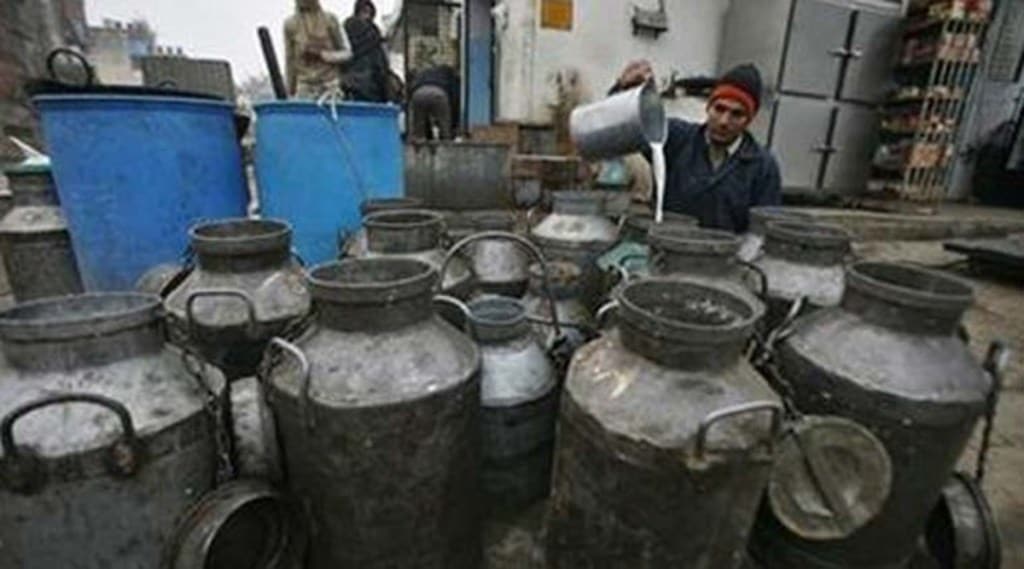The Centre’s move to bring in private sector representation in the National Dairy Development Board (NDDB) is an attempt to infringe on the autonomy of the body and will seriously harm the cooperative dairy movement in the country, according to the Kerala Co-operative Milk Marketing Federation (KCMMF), which owns the popular dairy brand Milma.
The KCMMF was formed in 1980 as a state adjunct of the national dairy programme. It has over 13.51 lakh members through 3366 cooperatives.
The ministry of fisheries, animal husbandry & dairying, through amendments to the NDDB Act, 1987, proposes to appoint an additional director representing the private dairy industry to be nominated for three years to the NDDB board. It also proposes to replace the words “the co-operative strategy” (sub-section 1, clause b) in Section 16 of the Act with “and other plans for the development of the dairy sector” and the words “public sector” (sub-section 2, clause b) with the words “or any other organization”, KS Mani, chairman, KCMMF, said. The KCMMF will convey to the Centre its strong reservations against the proposed amendments as they would seriously affect the autonomy of the NDDB and harm the interests of millions of dairy farmers and the dairy cooperative movement as a whole. It will also seek the intervention of the state government to exert pressure on the Centre to abandon the move by putting across its stand on the issue.
He said the proposed amendments is against the vision of V Kurien, the Milk Man of India, who devoted a lifetime to liberate poor dairy farmers and the country’s dairy economy.
“The proposed government control in policy and administrative matters of the NDDB would infringe on the autonomy of the dairy board; hamper its initiatives and vision to make India self-sufficient in milk production through a nationwide dairy cooperative movement,” he added. Mani pointed out that the proposed amendment to bring in private representation can hamper the board’s core function of replicating Anand-pattern dairy cooperatives across India.
The White Revolution in the country and the resultant rural progress were possible only because of the trust governments had in the NDDB. This was instrumental in bringing about a major socio-economic uplift of the rural poor through the dairy cooperative networks, he added.


